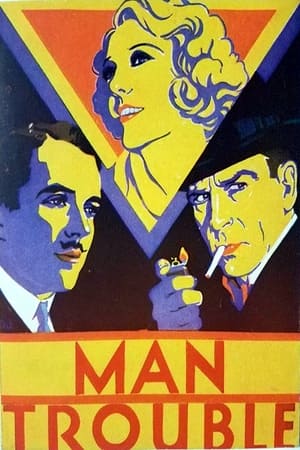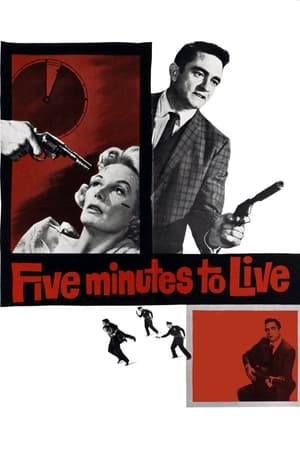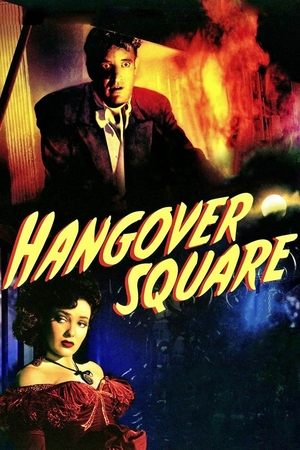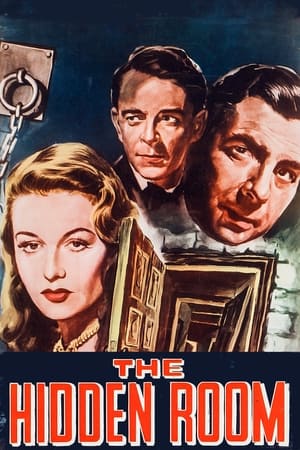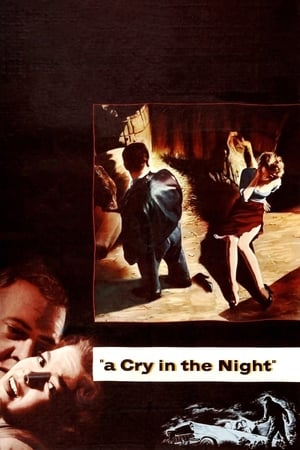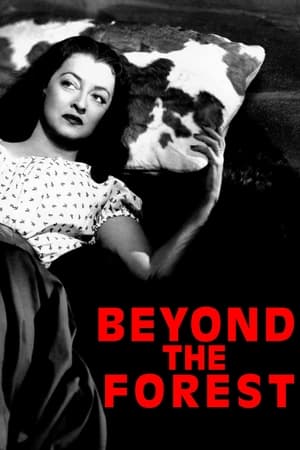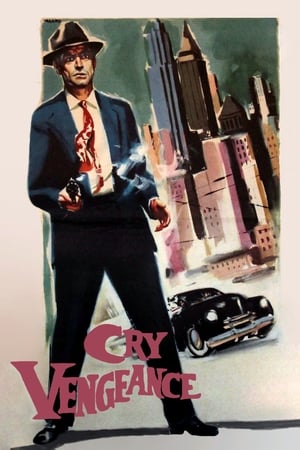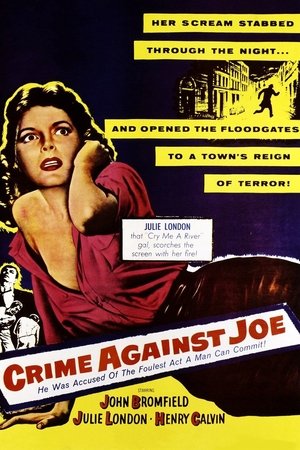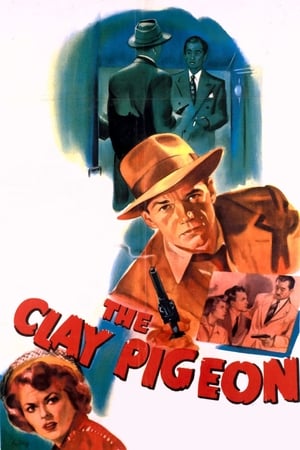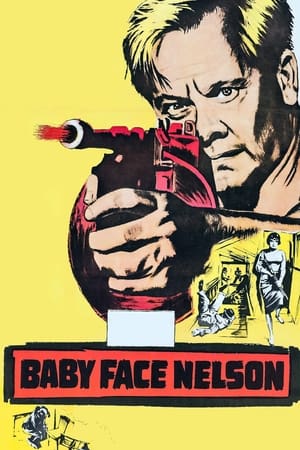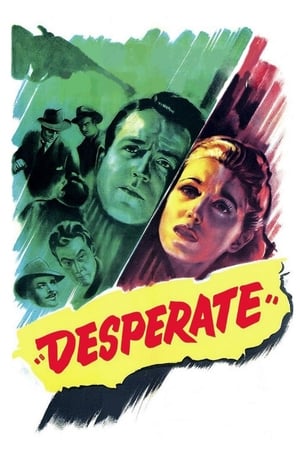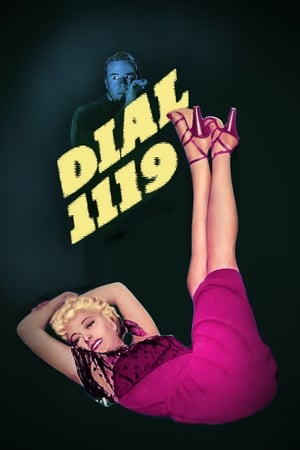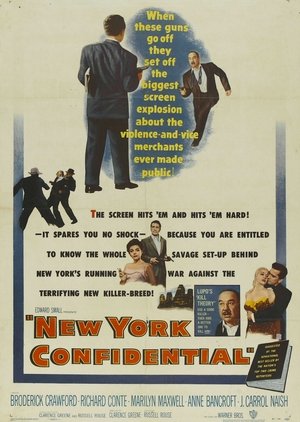Overview
A gambler discovers an old flame while in Argentina, but she's married to his new boss.
Reviews
Gilda is just like Casablanca if Casablanca had a happy ending, which would have been a bad idea even if it hadn’t been already done two years earlier in To Have and Have Not (which at least had Bogie in it).
Like Casablanca, Gilda revolves around a love triangle set in a gambling establishment in an exotic location, but while Casablanca takes place in North Africa during World War II, Gilda takes place in South America just after the war. Moreover, if Casablanca ends with "the beginning of a beautiful friendship", Gilda concludes with the continuation of a horrible romance.
Following the Rick Blaine (Humphrey Bogart), Ilsa Lund (Ingrid Bergman), Victor Lazlo (Paul Heinreid) pattern, Johnny Farrell (Glenn Ford) lives a carefree existence running a casino in Buenos Aires until Gilda (Rita Hayworth) walks back into his life hand-in-hand with Ballin Mundson (George Macready).
Macready, despite his character's unfortunate name (Victor Lazlo sounds merely foreign; Ballin Mundson is positively alien), and especially Hayworth, look their parts to a T; as for Ford, let's just say he was taller than Bogie, but there’s a big difference between height and stature.
Gilda has married Ballin after knowing him all of one day. This drives Johnny mad with jealousy; however, to Gilda's chagrin, he’s less jealous of Ballin than of her — and understandably so; casino owner Ballin is something of a mentor and father figure to Johnny, who in turn is his bodyguard, confidante, and right-hand man. In short, Johnny is betrayed by Ballin and Ballin is betrayed by Gilda with Johnny's complicity, though Johnny more to protect Ballin than to help her.
The whole thing is sick and twisted and a lot of fun thanks to Hayworth; Johnny hates her with a passion, and if we never question the authenticity and intensity of this feeling, it is not Ford's performance but hers that makes us, not only believe in Johnny’s hatred of her, but in fact even share it.
Like Bette Davis in Of Human Bondage, Hayworth owes her well-deserved fame to an absolutely infamous character. The difference is that Leslie Howard eventually wins, like Scott Pilgrim, The Power of Self-Respect, Johnny, however, ends up not only putting the pussy on a pedestal, but keeping it there.
He begs Gilda: “I want to go with you … Please take me,” and is lucky, or rather unlucky enough that Gilda welcomes him back with open arms, rationalizing this decision with the dubious logic that “No one has to apologize because we were both scoundrels, right? Isn’t it wonderful?". All things considered, some couples will always have Paris; for others, there’s always Family Court.
"Johnny" (Glenn Ford) is quite a streetwise gambler who finds himself rescued amidst the Buenos Aires docks by a suave stranger whose cane comes with a rather lethal optional extra. He suggests that he try his luck at a casino and when he manages to fleece the dealer of a modest fortune, discovers that it's owned by his erstwhile benefactor "Mundson" (George Macready). He manages to avoid a beating by suggesting that he put his skills to better use and well, this next bit you can guess. By the time his boss wants to take an holiday, "Johnny" is pretty much running the joint, but he's ill-prepared for the shock when he discovers that there's a new wife on the scene and that it's pretty plain for all to see that "Gilda" (Rita Hayworth) and he have some sort of past. What now ensues sees "Johnny" having to navigate the waters of a marriage in which the wife feels somewhat less engaged than the husband, and all while the local cops are keeping a very close eye on operations at the venue where gambling is illegal and bribery pretty rife. As tensions mount amongst the three, it becomes precarious for a man who has become fond of his boss and even more wary of a woman who is no slouch when it comes to scheming. On the face of it, it's just another love triangle film noir, but there are strong characterisations here from Macready, and on-form Hayworth and there is also an amiable effort from Steven Geray as the sagely "Uncle Pio" - he sort of reminded me a little of a Shakespearian fool. Even Ford, not always the most versatile of actors, turns in a well considered contribution as the smouldering takes us to a denouement that smacks of betrayal and conspiracy. Usually when there is a surfeit of writers, the dialogue can get a bit waffly, but here under the guidance of Charles Vidor, the story gathers pace cohesively and leaves us with a superior thriller that has just enough romance to make it work, but not so much to throttle it. Anita Ellis does the singing, but there are still some classy dance numbers from an elegant Hayworth too and the miming isn't so very clear, either!

 110 min
110 min
 7.478
7.478
 1946
1946
 USA
USA
 tmdb28039023 wrote:
tmdb28039023 wrote: